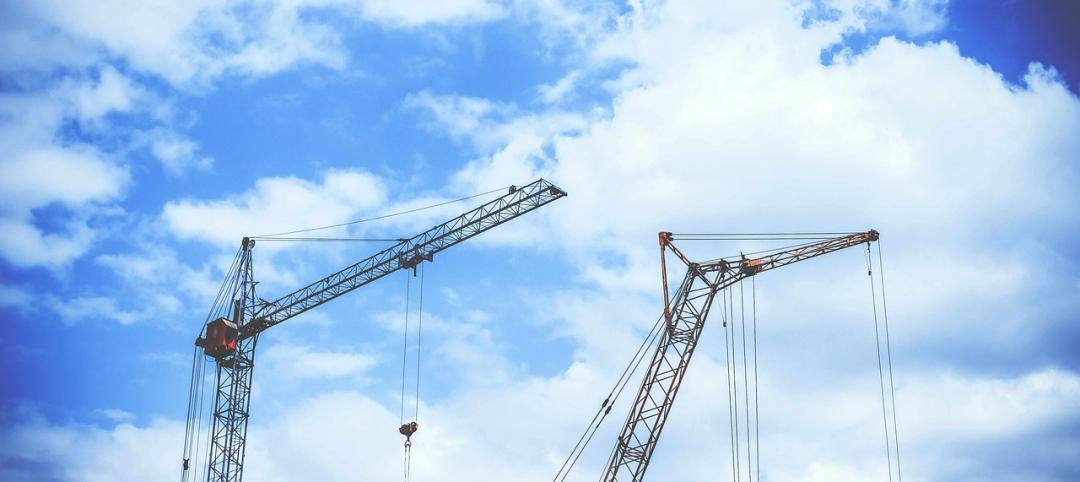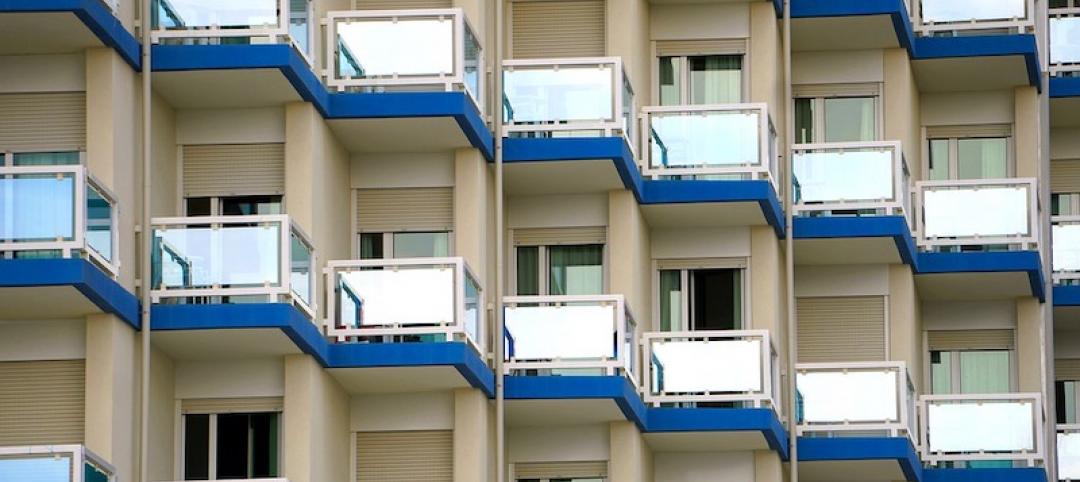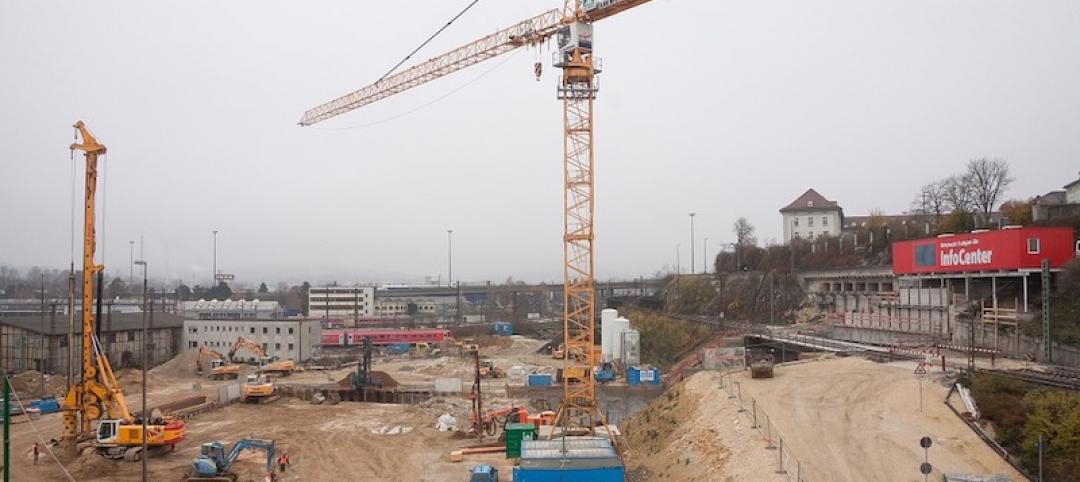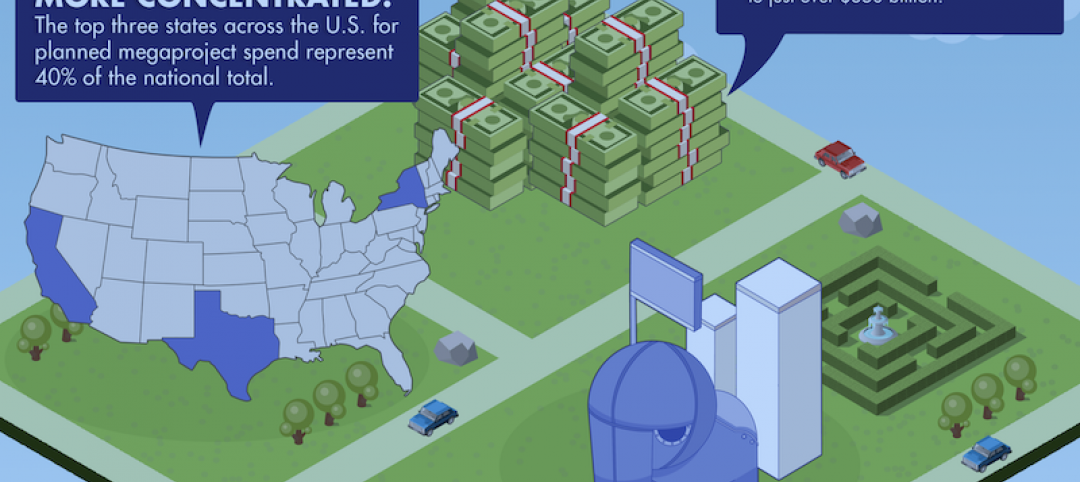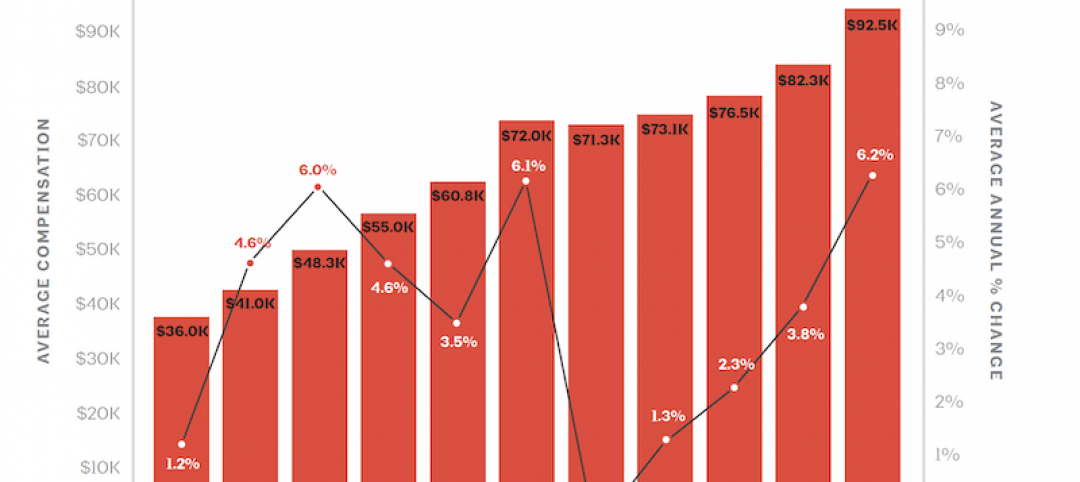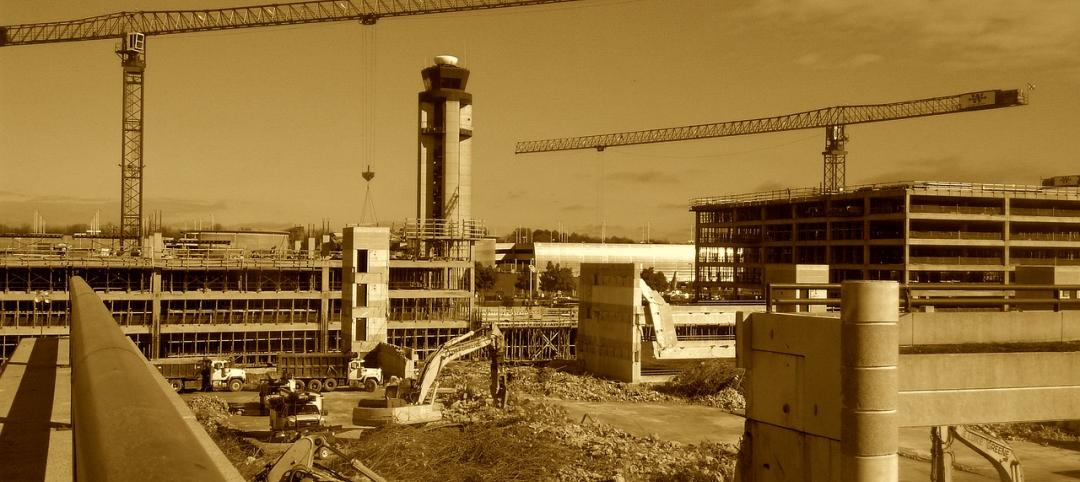More than 85% of contractors have been negatively impacted by COVID-19, according to the results of an August reader survey conducted by Construction Executive magazine, which is published by Associated Builders and Contractors. Supply chain disruptions, prolonged municipal permitting processes and delayed inspections due to office closures are all factors contributing to the increased rate of postponement and/or cancellation of construction projects.
While many contractors have not yet seen drastic impacts to their business, as construction was in many areas considered an “essential” service, the long-term implications are concerning. Seventy percent of contractors did not expect the construction industry to stabilize until at least 2021, while an additional 10.4% say they believe it may never reach pre-pandemic levels.
“While the survey respondents’ concerns about market viability and the health fears of the virus itself will remain in place for the duration of 2020 and into next year, contractors did report bright spots, such as a widespread adoption of technology after the outbreak of COVID-19,” said Lauren Pinch, editor-in-chief of CE. “That said, as the pandemic continues to change the landscape of the U.S. construction industry and state and local economies, contractors are continuously trying to assess the near- and long-term effects.”
While an uptick in office renovations to meet social distancing guidelines and to implement other COVID-19-related precautions was expected, more than three-quarters of respondents (76.12%) stated that they have not found this to be the case. Concerns over indoor air quality and proper ventilation may have also led people to believe there would also be a large increase in HVAC upgrade projects, but only 31.79% of respondents stated that this was the case.
Looking toward economic recovery, three-quarters of contractors believe that there will be more interest in construction education programs as people seek out new types of work. Specialty trades, apprenticeship programs, project management training and more tech-focused construction jobs were all listed as areas that contractors believe will see high levels of interest.
Read more about the survey results at ConstructionExec.com and subscribe to CE This Week for the latest news, market developments and business issues impacting the construction industry.
Related Stories
Market Data | Oct 2, 2019
Spending on nonresidential construction takes a step back in August
Office, healthcare, and public safety are among the fastest-growing sectors, according to the U.S. Census Bureau's latest report.
Market Data | Sep 27, 2019
The global hotel construction pipeline ascends to new record highs
With the exception of Latin America, all regions of the globe either continued to set record high pipeline counts or have already settled into topping-out formations amidst concerns of a worldwide economic slowdown.
Market Data | Sep 25, 2019
Senate introduces The School Safety Clearinghouse Act
Legislation would create a federally funded and housed informational resource on safer school designs.
Market Data | Sep 18, 2019
Substantial decline in Architecture Billings
August report suggests greatest weakness in design activity in several years.
Market Data | Sep 17, 2019
ABC’s Construction Backlog Indicator inches lower in July
Backlog in the heavy industrial category increased by 2.3 months and now stands at its highest level in the history of the CBI series.
Market Data | Sep 13, 2019
Spending on megaprojects, already on the rise, could spike hard in the coming years
A new FMI report anticipates that megaprojects will account for one-fifth of annual construction spending within the next decade.
Architects | Sep 11, 2019
Buoyed by construction activity, architect compensation continues to see healthy gains
The latest AIA report breaks down its survey data by 44 positions and 28 metros.
Market Data | Sep 11, 2019
New 2030 Commitment report findings emphasize need for climate action
Profession must double down on efforts to meet 2030 targets.
Market Data | Sep 10, 2019
Apartment buildings and their residents contribute $3.4 trillion to the national economy
New data show how different aspects of the apartment industry positively impact national, state and local economies.
Market Data | Sep 3, 2019
Nonresidential construction spending slips in July 2019, but still surpasses $776 billion
Construction spending declined 0.3% in July, totaling $776 billion on a seasonally adjusted annualized basis.



